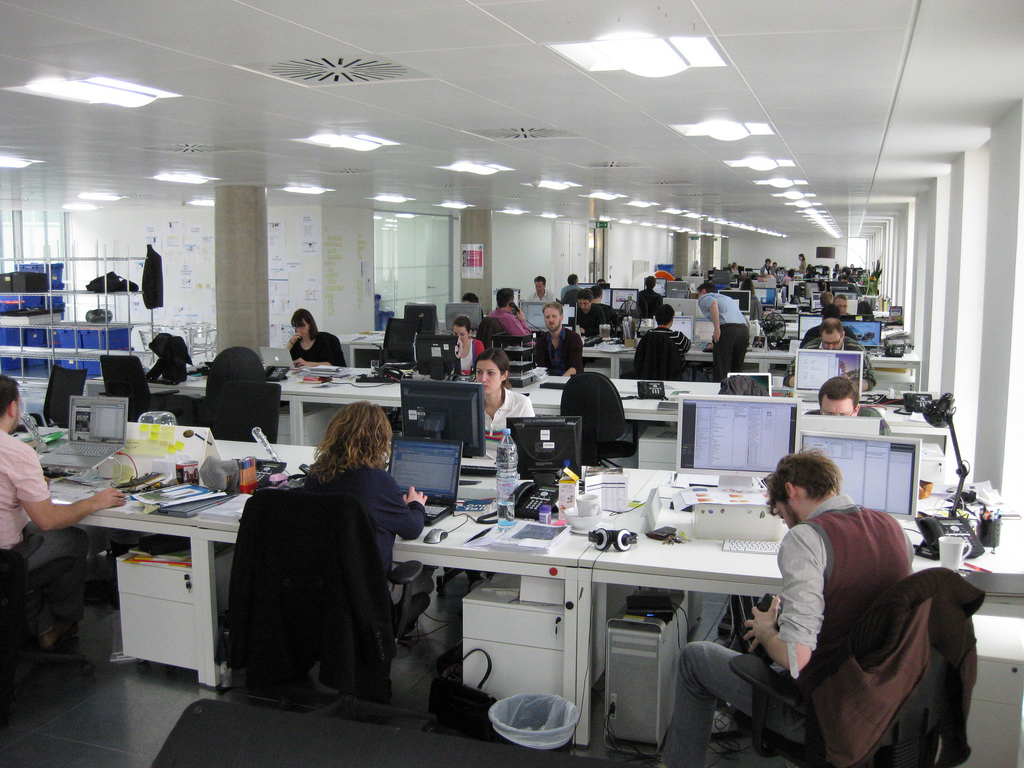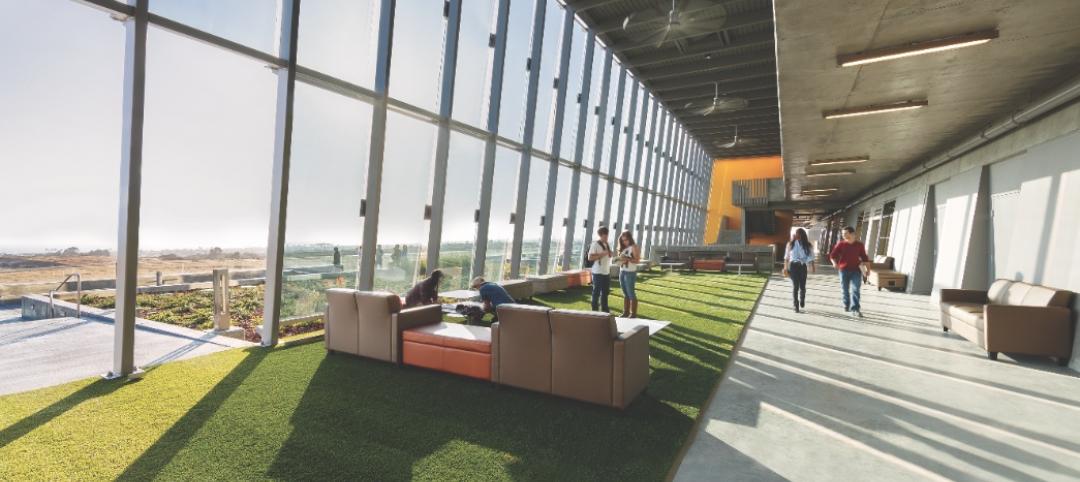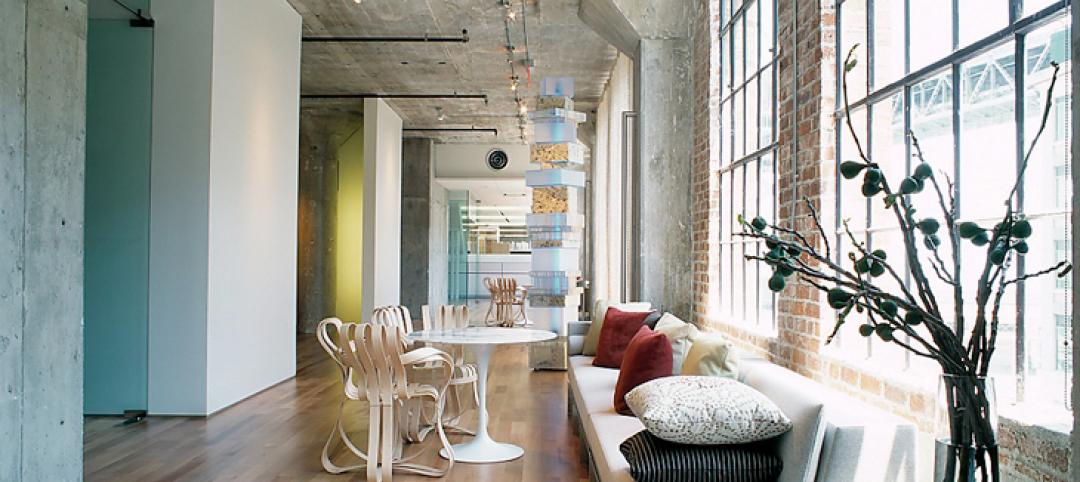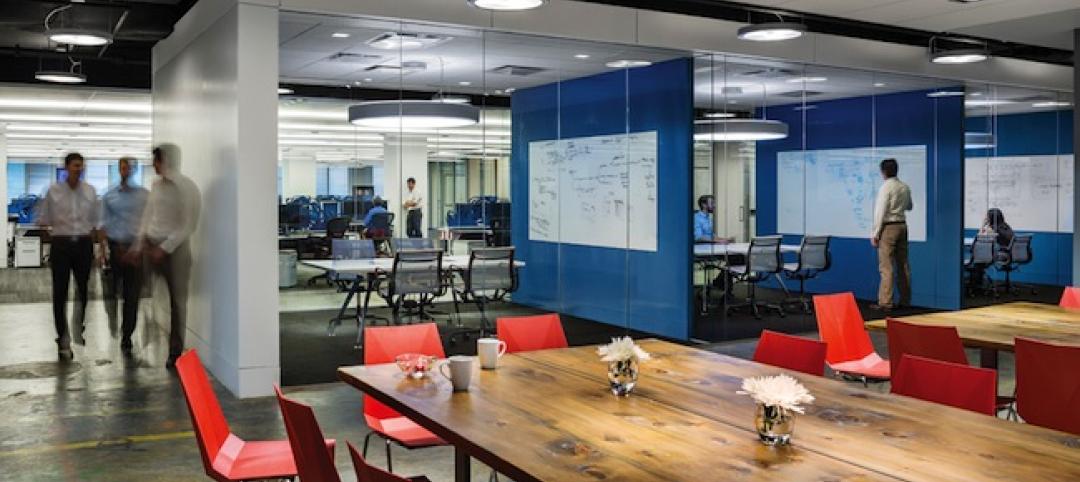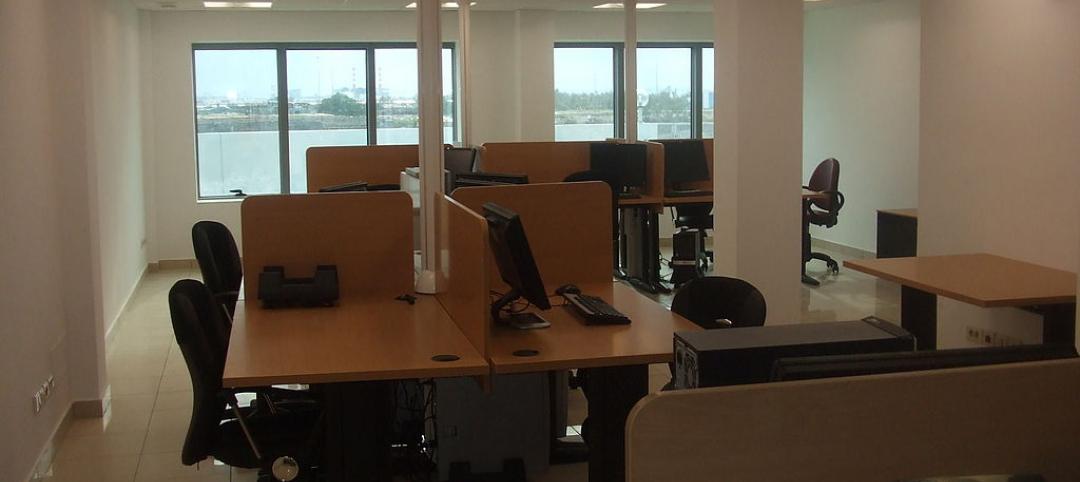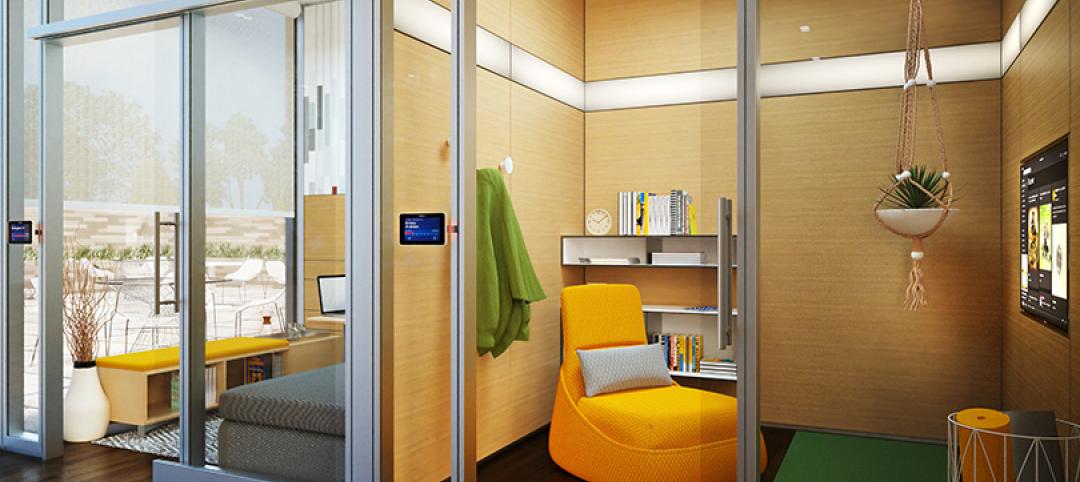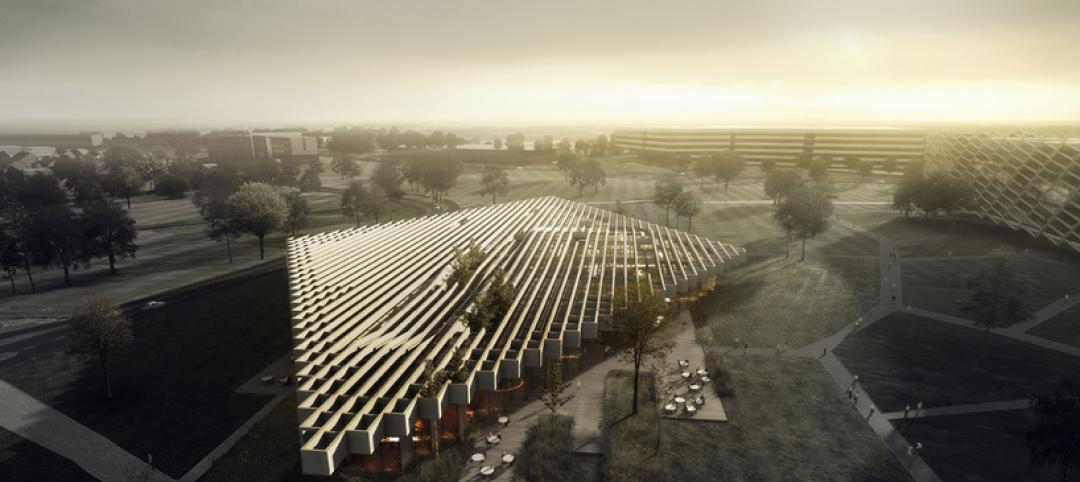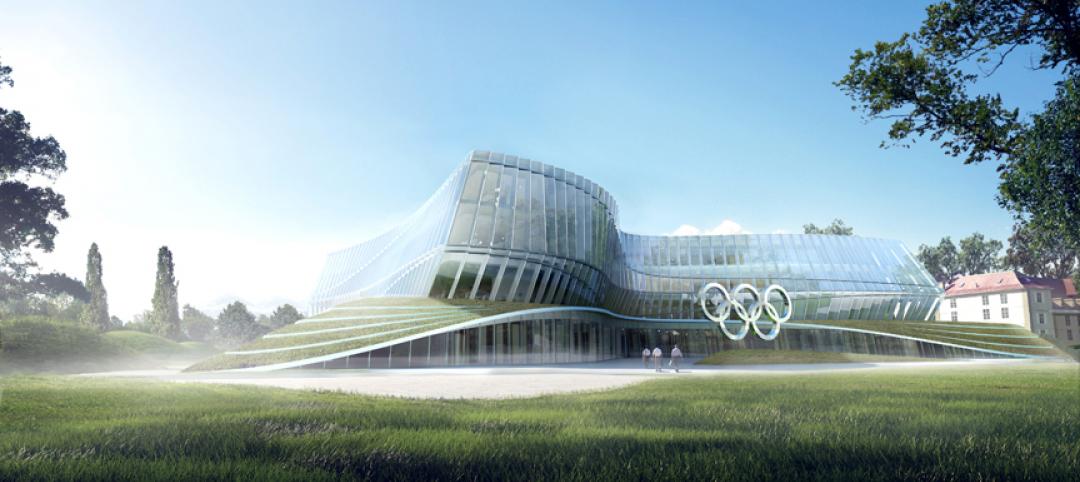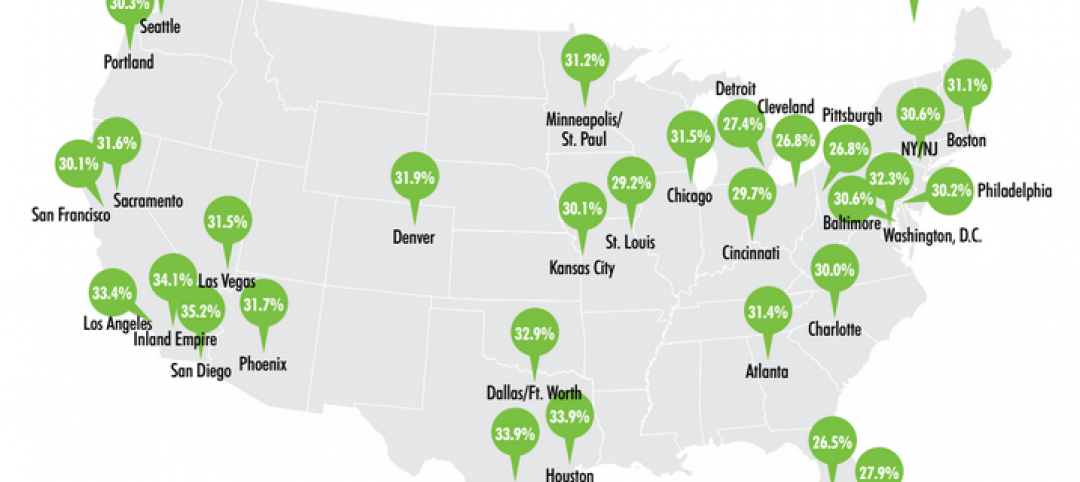Millennials are impacting the built environment under construction in 2015, according to a report from JLL tracking national construction trends. Throughout 2015, tenant improvement (TI)—or the renovation of existing space—has been a bright spot in the construction industry, even as labor and construction costs continue to rise.
There has been a 14.2% rise in TI projects since the second quarter of 2013, as landlords compete to attract tenants and companies compete for Millennial talent. This is especially prevalent in office markets that are saturated with new construction and renovation.
According to JLL’s latest report on U.S. non-residential construction activity, TI costs are declining in most key markets, as landlords are more willing to pay for them. For office building owners, the average TI package nationwide is approximately $30-$50 per-sf in Central Business Districts (CBDs). These packages have become especially important as tenants look to customize office space to attract and retain employees, especially Millennials.
“Millennials are shaping how and where we work, and also how and where we shop, and even the path our packages take from ship to doorstep,” said Todd Burns, President, JLL Project and Development Services, Americas. “By 2020, the U.S. workforce will be comprised of 50% Millennials. Individually, they may not realize that they’re influencing national construction trends to favor tenant improvement over new construction, but the numbers show it’s no coincidence.”
Companies are focused on accommodating their Millennial employees and their preference for offices in existing urban locations that are close to amenities and often with unique, open interior spaces. As a result, as companies begin to renovate older buildings, office space vacancies are slowly declining and are down 10.2% since Q2 2011.

The JLL research also points to other key construction industry trends playing out in 2015 including:
• Rethinking the retail environment: New “omnichannel” strategies emphasize convenience for customers by leveraging their brick-and-mortar stores as e-commerce pick-up/return depots, which in turn requires a revamped store configuration.
• Manufacturing industry driving construction volume: While construction in the education sector has been strong as universities focus on building new space to keep students engaged on campus, it’s been upstaged by a surprising category: manufacturing. Annual project spend on construction within the manufacturing sector has increased from $57.8 billion in 2014 to $90.3 billion YTD in 2015.
• Technology leads the charge: Technology companies are driving demand for cool, renovated office space. At the same time, industrial occupiers want and need, more custom e-commerce space, with higher shelving, specialized lighting, new technology and office space. Similarly, in retail, quick service restaurant chains are investing in new, creative interior build-outs to better compete with fast casual concepts.
• Future opportunity and capital planning: With construction starts at their highest point since the recession, the industry is still in the early stages of its recovery and will continue to grow in response to overall economic growth. Activity is still far below pre-recession highs, indicating growth will continue over the next several years, and dollar value of TI allowances will too.
Related Stories
| Dec 28, 2014
AIA course: Enhancing interior comfort while improving overall building efficacy
Providing more comfortable conditions to building occupants has become a top priority in today’s interior designs. This course is worth 1.0 AIA LU/HSW.
| Dec 28, 2014
10 key design interventions for a healthier, happier, and more productive workplace
Numerous studies and mountains of evidence confirm what common sense has long suggested: healthy, happier workers are more productive, more likely to collaborate with colleagues, and more likely to innovate in ways that benefit the bottom line, writes Gensler's Kirsten Ritchie.
| Dec 28, 2014
Workplace design trends: Make way for the Millennials
Driven by changing work styles, mobile technology, and the growing presence of Millennials, today’s workplaces are changing, mostly for the better. We examine the top office design trends.
| Dec 27, 2014
7 ways to enhance workplace mobility
The open work environment has allowed owners to house more employees in smaller spaces, minimizing the required real estate and capital costs. But, what about all of their wireless devices?
| Dec 27, 2014
'Core-first' construction technique cuts costs, saves time on NYC high-rise project
When Plaza Construction first introduced the concept of "core first" in managing the construction of a major office building, the procedure of pouring concrete prior to erecting a steel frame had never been done in New York City.
| Dec 19, 2014
Zaha Hadid unveils dune-shaped HQ for Emirati environmental management company
Zaha Hadid Architects released designs for the new headquarters of Emirati environmental management company Bee’ah, revealing a structure that references the shape and motion of a sand dune.
| Dec 18, 2014
In response to ultra-open and uber-collaborative office environments
Susan Cain’s bestselling 2012 book, "Quiet: The Power of Introverts in a World That Can’t Stop Talking" has made an impact on how we understand our current workforce, recognizing that at least one-third of the people we work with are introverts, writes SRG Partnership's Susan Gust.
| Dec 12, 2014
COBE's striking 'concrete finned' scheme wins competition for Adidas' flagship building in Germany
Danish firm COBE has been announced the winner in a contest to design a new Adidas flagship building in Herzogenaurach, Germany. It beat out 29 other teams, including REX and Zaha Hadid.
| Dec 10, 2014
International Olympic Committee releases first images of new HQ in Switzerland
Designed by 3XN, the new headquarters is located within a park on the shores of Lake Geneva and adjacent to historic Château de Vidy, which has been the iconic home of the IOC.
| Dec 6, 2014
Future workplace designs shouldn’t need to favor one generation over another, says CBRE report
A new CBRE survey finds that what Millennials expect and need from offices doesn’t vary drastically from tenured employees.


